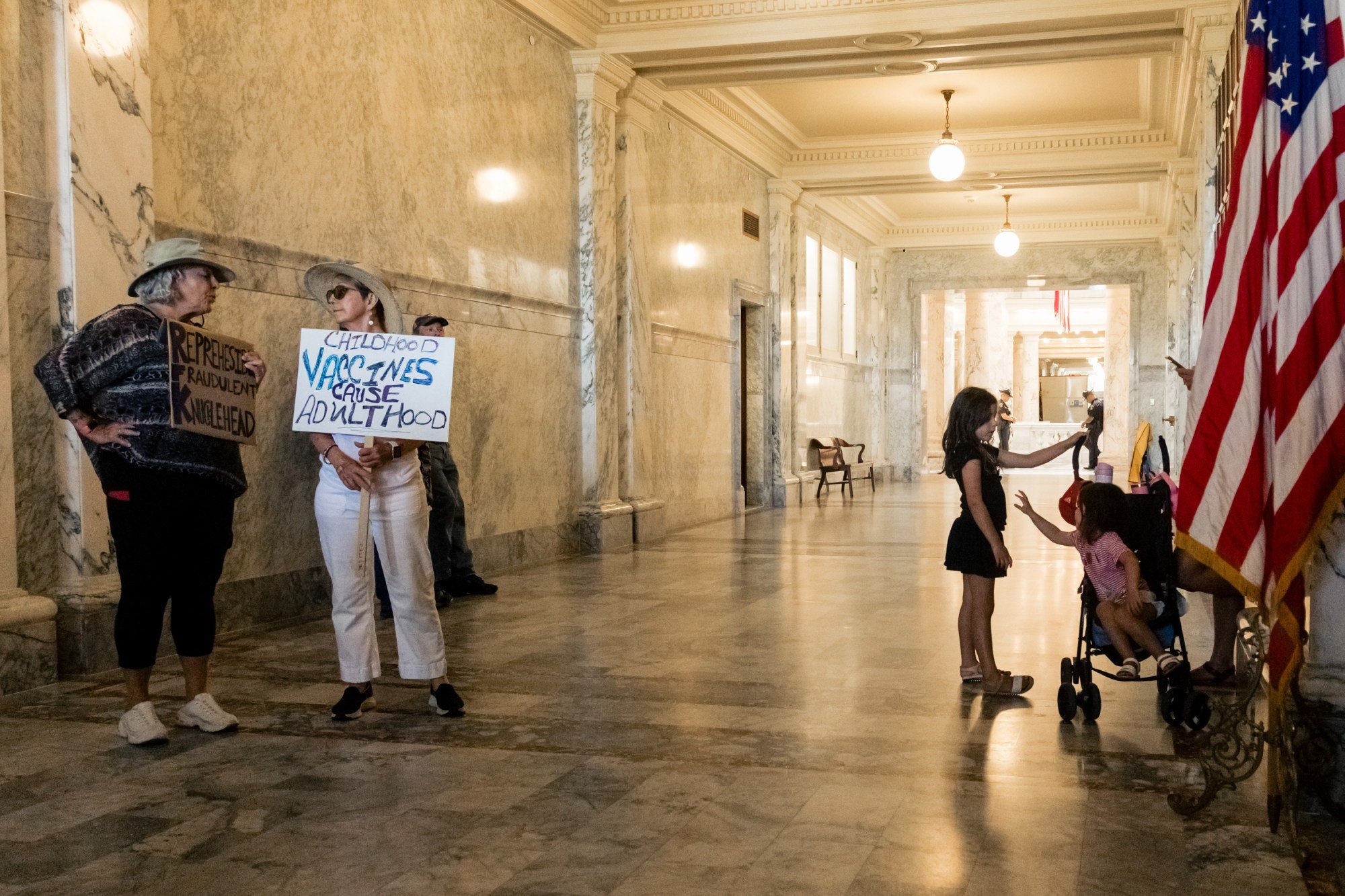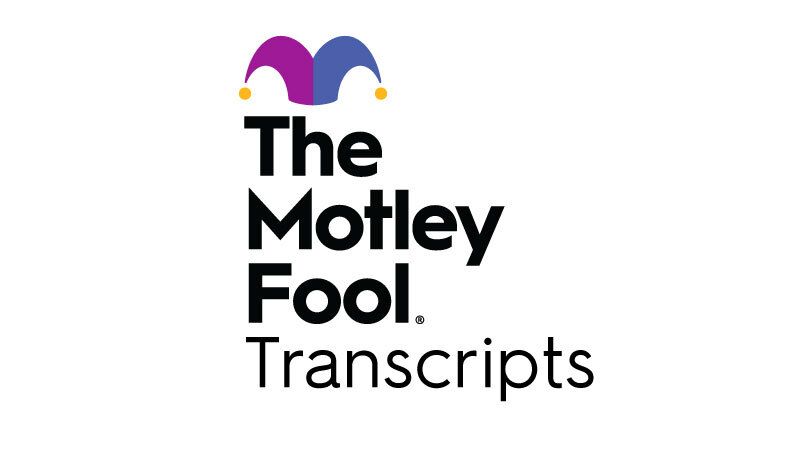Copyright The Atlanta Journal-Constitution

Caregivers of dementia patients frequently find themselves navigating new and challenging roles without formal training, education or support. Some might long for a road map to help them. Now, thanks to the innovations of an Atlanta-based company, they can have one. MapHabit is a neuroscience-based platform that allows users to map their daily caregiving routines visually, making it easier for a helper to step in and pick up the slack when needed. Matt Golden cofounded MapHabit with Stuart Zola, a neuroscientist and adviser to would-be entrepreneurs at Emory University, nearly seven years ago. The user base has grown to several thousand — mainly family caregivers who need routines not only for their loved ones but also to prioritize their own self-care. MapHabit is a neuroscience-based platform that allows users to map their daily caregiving routines visually, making it easier for a helper to step in and pick up the slack when needed. Matt Golden cofounded MapHabit with Stuart Zola, a neuroscientist and adviser to would-be entrepreneurs at Emory University, nearly seven years ago. The user base has grown to several thousand — mainly family caregivers who need routines not only for their loved ones but also to prioritize their own self-care. Inspired by his uncle's Alzheimer's diagnosis and cousin with Down syndrome, Matt Golden (right) co-founded MapHabit. (Courtesy of Matt Golden) After meeting with a health care professional, steps for care — medication and day-to-day hygiene, diet and exercise activities — can be hard for some caregivers to process and remember. MapHabit is designed to help build habits that allow them to remember these steps and to set patients up with household tasks they can still do but may need reminders to start. After meeting with a health care professional, steps for care — medication and day-to-day hygiene, diet and exercise activities — can be hard for some caregivers to process and remember. MapHabit is designed to help build habits that allow them to remember these steps and to set patients up with household tasks they can still do but may need reminders to start. And visual mapping, Golden pointed out, also allows caregivers to overcome the “learned helplessness” that often comes with the role and prevents them from seeking assistance. “If the caregiver needs to take a break and someone else comes in, whether it’s a family member or someone else, they already have a kind of routine listed out, and it’s visual and personalized to their environment that they’re in, so the caregiver can get respite,” he said. “You feel like you’re the only one that can do it,” Golden said, “But in actuality, the person who is suffering from cognitive decline — if they had the steps laid out step by step, they could do some of these basic tasks.” Getting ‘back to center’ When setting up a user profile, MapHabit representatives help identify areas where caregivers and those receiving help are struggling. Those areas, Golden said, can include taking the right dose of medication at the correct time or cognitive engagement in the form of mental acuity games. Just knowing the schedule is visually mapped out with reminders can motivate those with dementia. When setting up a user profile, MapHabit representatives help identify areas where caregivers and those receiving help are struggling. Those areas, Golden said, can include taking the right dose of medication at the correct time or cognitive engagement in the form of mental acuity games. Just knowing the schedule is visually mapped out with reminders can motivate those with dementia. “It’s a way to kind of get back to center and reduce some of the stress and anxiety, so that when it’s time to bathe or do other activities that become more and more strenuous and tough on the caregiver to get the person to do, they’re more willing to do that,” he said. A start in the aging space It was a family relationship that propelled Golden initially. His uncle had early-onset Alzheimer’s disease. Witnessing him lose basic abilities — like dressing himself — and the toll it took on his aunt made such an impact that Golden left a career in management consulting to try to explore how muscle memory could be used to help others. The environment for cutting-edge businesses in the health care space, Golden admits, is changing with funding cuts at the federal level, but the company is still growing and looking into new avenues to continue that trajectory. One of them, he said, is the Guiding an Improved Dementia Experience model from the Centers for Medicare & Medicaid Services. GUIDE partners — typically small health care systems and providers — have begun using MapHabit to support family caregivers, he said. It was a family relationship that propelled Golden initially. His uncle had early-onset Alzheimer’s disease. Witnessing him lose basic abilities — like dressing himself — and the toll it took on his aunt made such an impact that Golden left a career in management consulting to try to explore how muscle memory could be used to help others. The environment for cutting-edge businesses in the health care space, Golden admits, is changing with funding cuts at the federal level, but the company is still growing and looking into new avenues to continue that trajectory. One of them, he said, is the Guiding an Improved Dementia Experience model from the Centers for Medicare & Medicaid Services. GUIDE partners — typically small health care systems and providers — have begun using MapHabit to support family caregivers, he said. Based in Midtown, MapHabit is now operating in all 50 states with a staff of 13. Services are free through Medicaid funding sources for Georgians who qualify through area agencies on aging. The company also partners with health systems on outpatient benefits for dementia patients, along with long-term care facilities and some insurance providers. The company received grants from organizations like the National Institute on Aging, which Golden said did clinical research to study the effectiveness of MapHabit. The data, he said, helped the company expand its reach as it partnered with different types of health organizations. Based in Midtown, MapHabit is now operating in all 50 states with a staff of 13. Services are free through Medicaid funding sources for Georgians who qualify through area agencies on aging. The company also partners with health systems on outpatient benefits for dementia patients, along with long-term care facilities and some insurance providers. The company received grants from organizations like the National Institute on Aging, which Golden said did clinical research to study the effectiveness of MapHabit. The data, he said, helped the company expand its reach as it partnered with different types of health organizations. It’s essential, he said, for those looking to succeed in the aging space to examine the end user and design a product or platform around their incentives. “Passion alone is not enough. You can’t just get into the space and think that you’ll build a company, not just a product, based on a personal experience and an unmet need,” he said. “Motivation is really the only way, in my mind, to be successful.”



